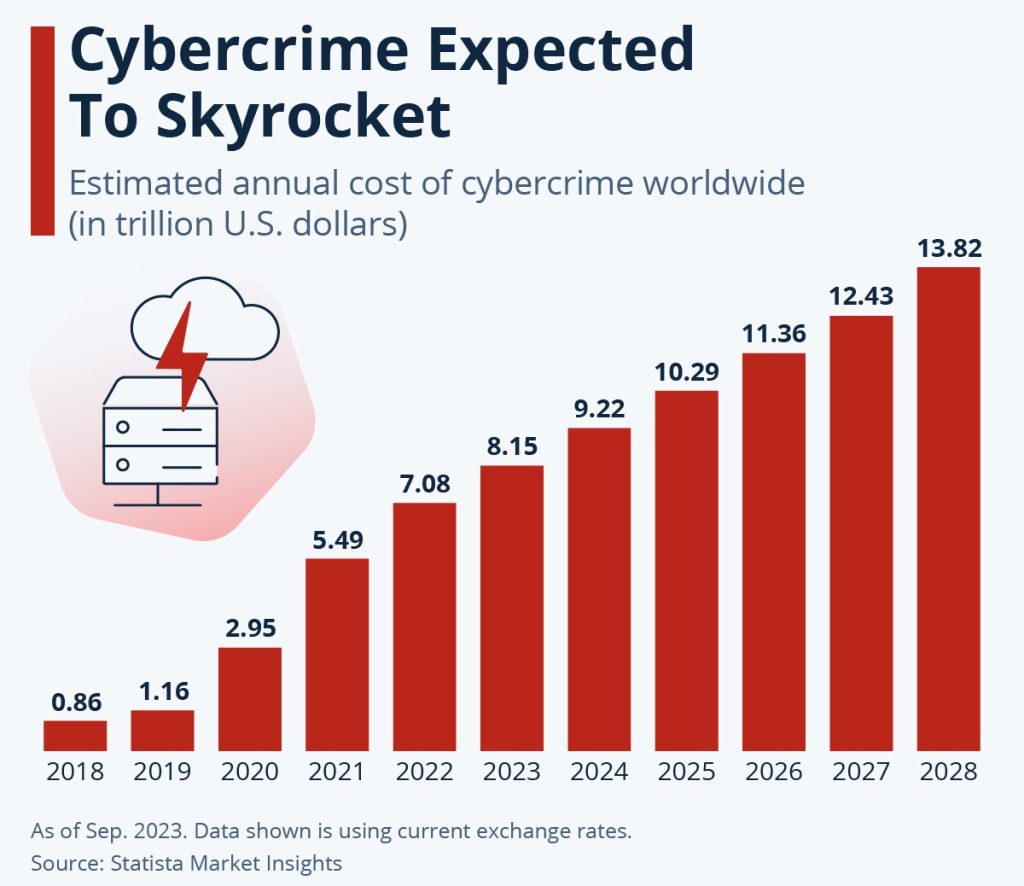UN member states finalise landmark cybercrime treaty

As digital threats proliferate worldwide
The UN Office on Drugs and Crime (UNODC) has announced that the United Nations (UN) member states have finalised a groundbreaking treaty targeting cybercrime.
The draft treaty approved by nearly 200 UN member states aims to bolster international cooperation and enhance law enforcement capabilities in addressing a wide range of cyber-related crimes, including terrorism, drug trafficking, and firearms trafficking.
For the UN member states, fraudulent use of cyberspace has emerged as a new threat area, and many governments and businesses are rushing to keep up with the challenges of policing it, mainly as criminals increasingly use AI to conduct their nefarious activities in cyberspace.
After three years of meticulous negotiations, the committee established by the UN General Assembly reached an agreement on the draft text of the treaty on August 8, 2024.
This treaty, anticipated to be adopted by the General Assembly later this year, will become the first global legally binding instrument explicitly addressing cybercrime.
Member states’ ratification
The new treaty will enter into force once 40 UN member states ratify it to prevent and combat cybercrime more efficiently and effectively, notably regarding child sexual abuse imagery and money laundering.

UNODC Executive Director Ghada Waly, said: “The finalisation of this convention marks a historic step as the first multilateral anti-crime treaty in over two decades and the first UN Convention against Cybercrime amid growing digital threats.
Waly added: “I congratulate member states and the ad hoc committee for guiding negotiations and reaching a consensus on the final text.
“UNODC is immensely proud to have supported the negotiation process and to serve as the convention’s secretariat. We will continue to play a central role in implementing and ratifying the convention once adopted by the General Assembly and providing technical assistance to member states as we work with all countries and partners to safeguard digital spaces.”
BeyondTrust perspective
Morey Haber, Chief Security Advisor at BeyondTrust – the Georgia, US-headquartered global leader in intelligent identity and access security – said: “For many years, the UN has been viewed as an organisation representing the world’s common laws, governments, and humanitarian and environmental needs. With the passage of the landmark cybercrime treaty, the UN has demonstrated that the world’s standard electronic technology interests will be compulsory for safe computing, financial stability, critical infrastructure, and protection against organised cyberattacks.

“This new treaty will help ensure that nation-states and organised cybercriminal organisations worldwide will not be tolerated and will face legal repercussions if illicit activities continue. While this is a massive step forward for the safety of the internet and protection against cybercrime, it is yet to be seen how effective the enforcement will be.
“The nations that dissented from participation should be aware that their continued activities could have serious consequences for the world’s greater good. After all, several nations have become profitable from cybercrime despite current economic sanctions, and this treaty may reinforce their resolve to continue malicious activities. This treaty is a hopeful step forward, but like any new law or treaty, enforcement and truthful participation are yet to be determined as a real, verifiable outcome,” Haber added.
Five-year effort
The treaty represents the culmination of a five-year effort involving UN member states, civil society, academia, and the private sector.
UNODC, serving as the substantive secretariat for the negotiations, will play a crucial role in supporting the implementation and ratification of the treaty.
Amazon, Microsoft, the International Chamber of Commerce, and the United States Council for International Business participated in the treaty’s negotiations. These groups have expressed concern that the new agreement could provide a pretext for governments to infringe on private enterprises.
With over 130 offices worldwide, UNODC safeguards digital spaces and advances justice and security.
Featured image: The UN General Assembly will later this year enforce the first global legally binding instrument explicitly addressing cybercrime. Credit: Sora Shimazaki













